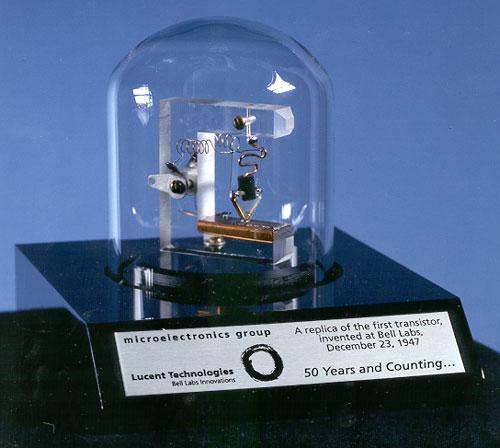The one thing everyone knows about quantum mechanics is its legendary weirdness, in which the basic tenets of the world it describes seem alien to the world we live in. Superposition, where things can be in two states simultaneously, a switch both on and off, a cat both dead and alive. Or entanglement, what Einstein called “spooky action-at-distance“ in which objects are invisibly linked, even when separated by huge distances.
But weird or not, quantum theory is approaching a century old and has found many applications in daily life. As John von Neumann once said: “You don’t understand quantum mechanics, you just get used to it.” Much of electronics is based on quantum physics, and the application of quantum theory to computing could open up huge possibilities for the complex calculations and data processing we see today.
Imagine a computer processor able to harness super-position, to calculate the result of an arbitrarily large number of permutations of a complex problem simultaneously. Imagine how entanglement could be used to allow systems on different sides of the world to be linked and their efforts combined, despite their physical separation. Quantum computing has immense potential, making light work of some of the most difficult tasks, such as simulating the body’s response to drugs, predicting weather patterns, or analyzing big datasets.



